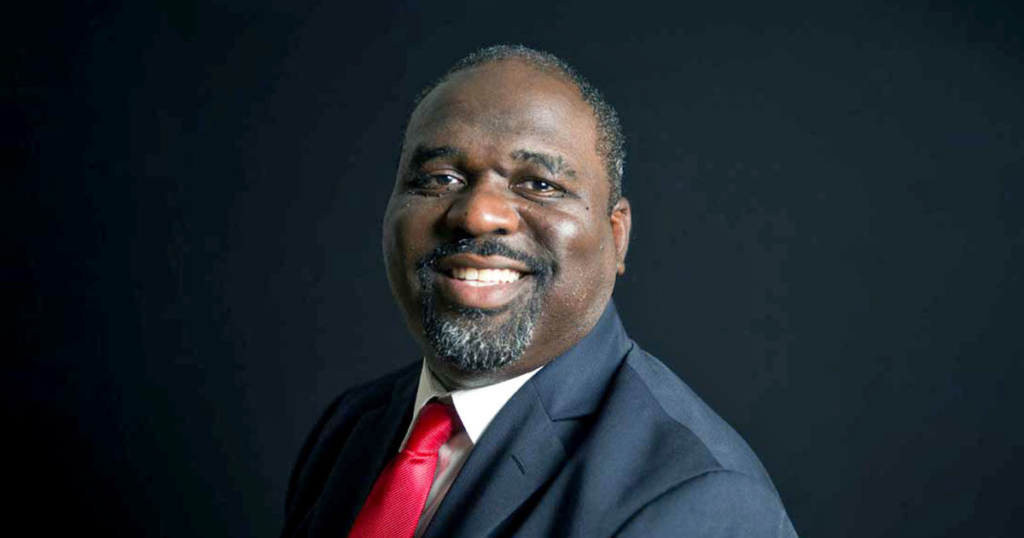CUNA is now America’s Credit Unions.
A stronger voice to advance the credit union industry.
David Muse doesn’t need Black History Month to remember those who came before him.
But the CEO at $13 million asset Howard University Employees Federal Credit Union, which serves students, staff, and faculty at the historically Black university, as well as university hospital staff, believes the month-long recognition gives everyone a chance to appreciate the contributions of Black leaders, past and present, in the U.S.
“As an African American, that doesn’t ever go away for me. It’s 365 days a year,” says Muse, who joined the Washington, D.C., credit union in July 2021. “But it’s good that in February it’s recognized by those who may not think of it day to day. Now, it’s at the forefront of their mind.”
Howard University Employees is bringing those stories to the forefront throughout February. Awareness efforts will consist of informational emails and social media posts that include quotes and facts about Black history.
Muse believes companies have gotten better at sharing those stories over the years.
“At some companies I worked for, it would never trickle down to middle management or member service reps,” Muse says of the work his former employers did to support diversity. “But when I sought that information out, I would see, ‘Whoa! Our company did some great things this month to honor African Americans, partner with the Black community, and put money in the community.’”
It’s only recently that he’s seen outwardly visible efforts to improve diversity, equity, and inclusion. Muse, who started his career in banks before transitioning to credit unions in 2016, brings that approach to Howard University Employees, which was one of 11 historically Black colleges and university (HBCU)-based credit unions in 2020, according to HBCU Money™.
“We’re very prideful,” he says, noting that the credit union’s family oriented atmosphere was evident upon his arrival. “An HBCU campus is a small world, and the alumni are nationwide. The faculty and staff have all been here for years, and when they leave they are still part of this community.”
He quickly made himself part of the community, striving to be the type of leader who rolls up his sleeves and is right in the middle of the action. He meets members in the lobby to lead the four-person staff by example.
“It’s easy to sit in my office and say, ‘Do it this way. This is what I expect,’” Muse says. “What hits home more is when a teller sees me providing examples. I like to have them sit in on conversations with members.”
Muse, who likes to spend time with his family, golf, go to movies, and coach basketball in his spare time, is currently focused on ensuring compliance, bringing accounting up to speed, and generating income.
Further down the road, the credit union may change its name and expand its select employee group base to include university alumni.
But during Black History Month—and every day at the HBCU-based credit union—Muse says, “It’s time to celebrate and recognize the legacy of our leaders who paved the way for future generations.”
Celebrating the legacy of Black leaders – CUNA News










More Stories
The missing Black demonstrators in anti-Trump protests – Axios
Dr. Karla Robinson shares tips to improve Black American health – The Black Wall Street Times
How Kamala Predicted What Trump Would Do, 15 Regretful MAGA Folks, Black America on the April 5 Protests, People and Entities Trump Plans to Crush With a Vengeance, 14 Examples of Resistance White Folks Can Learn From Black Folks and More Politi – The Root